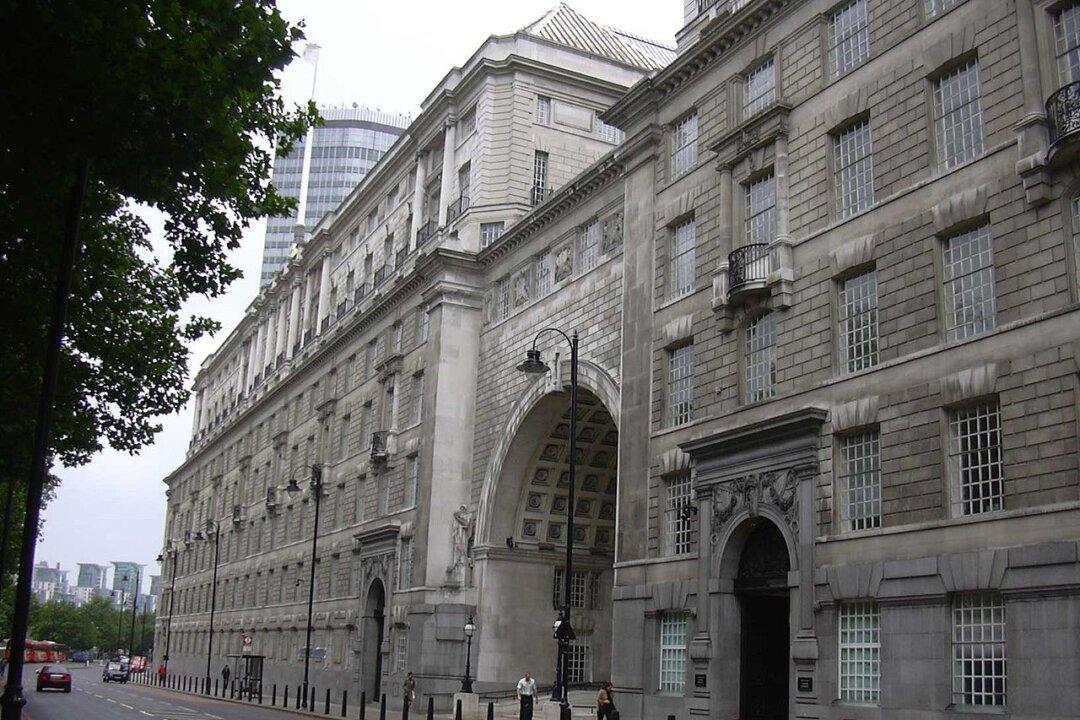MI5, MI6, and GCHQ will need “prior independent authorisation,” probably from a judge, before it can access communications data from telecom providers of people they are investigating after a “landmark” case at the High Court in London.
The UK civil rights campaign group, Liberty, launched a legal challenge against the powers used by the security services during criminal investigations.





